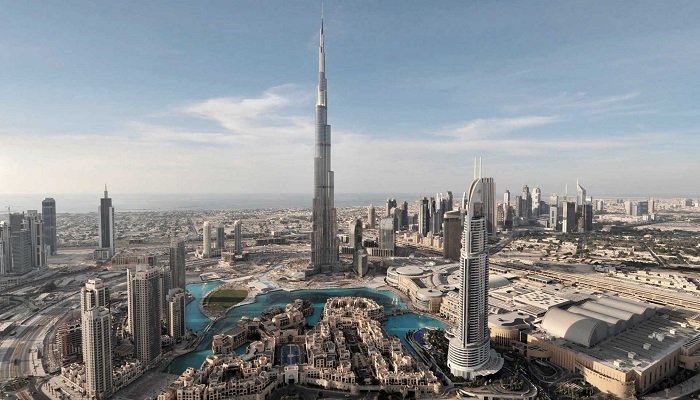
Dubai residents who are concerned about the future and the rising air pollution can soon breathe a sign of ‘clean’ relief – the Emirate’s ambitious Dh500 million plan to improve air quality would make their health better.
Air Quality Strategy 2017 is designed to turn Dubai into a city with world-class standards for air purity, according to Eng. Hussain Nasser Lootah, the Director General of Dubai Municipality, who unveiled the plan last week.
As part of the project, Dubai Municipality will develop advanced monitoring systems, as well as ‘Smart Air Quality Stations’ which should help raise public awareness of the importance of clean air.
Eng. Alia Al Harmoudi, the Director of the Municipality’s Environment Department, explained that the preliminary stages of the project included analysing data from the last several years to create over 300 digital maps pinpointing the locations in which pollution levels increase, their sources, and how they spread, taking into account various climatic factors such as variations in temperature and humidity and the speed and direction of winds.
The monitoring systems “will provide visitors with the opportunity to experience the most important air quality issues in a unique and modern manner that leaves the greatest impact on the visitor’s imagination and enhances their environmental awareness,” Harmoudi said.
Officials noted that local air quality has conformed to international standards even before the launch of Air Strategy 2017.
In September 2016, for example, Dubai Municipality statistics gathered from 13 smart stations across the Emirate revealed that Dubai’s air quality had improved 88 percent by the end of 2015, higher than the target level of 85 percent.
The plan Air Quality Strategy 2017 will have:
– Dubai Municipality will soon receive a mobile station for air quality monitoring.
– The station, a first-of-its-kind in the region, includes 20 devices to monitor about 100 components and composites that pollute the air
– Dubai Municipality already has 13 smart air stations in different locations across the Emirate
– Data from 300 digital maps showing polluted areas and other factors
-Details of deadly gas particles present in the atmosphere and to detect harmful gas particles such as Nitrogen Dioxide, Sulphur Dioxide, Ozone, Carbon Monoxide and fine particles.
Around the globe, millions of people continue to suffer the negative health effects of poor quality air.
A study released by UNICEF in October 2016 found that an estimated 300 million children – most of them in South Asia, Africa and the East Asia-Pacific region, live with outdoor air so polluted it can cause serious physical damage, including harm to their young brains.
Across the globe, air pollution was found to be a significant contributing factor in the deaths of 600,000 children every five years.
Another report, released by the World Health Organization (WHO) in September 2016, found that an alarming 92 percent of the world’s population live in regions that exceed the WHO’s recommended limits, with an estimated three million deaths a year – most of them in lower and middle-income countries – linked to the effects of air pollution.
Of the deaths stemming from air pollution, 94 percent are due to non-communicable diseases such as cardiovascular diseases, stroke, chronic obstructive pulmonary disease, and lung cancer.
“Air pollution continues to take a toll on the health of the most vulnerable populations – women, children, and older adults,” said Dr Flavia Bustreo, the WHO’s Assistant Director-General. “For people to be healthy, they must breathe clean air from their first breath to their last.”

Post Your Comments